Naked Scientists, In Short Special Editions Podcast
ചാനൽ വിവരങ്ങൾ
Naked Scientists, In Short Special Editions Podcast
Probing the weird, wacky and spectacular, the Naked Scientists Special Editions are special one-off scientific reports, investigations and interviews on cutting-edge topics by the Naked Scientists team.
സമീപകാല എപ്പിസോഡുകൾ
908 എപ്പിസോഡുകൾ
Nocebos, and why the eyes of some species stay shut at birth
This month, compelling evidence for why some species keep their eyes closed for sometimes several weeks after birth, scientists prove that the "nocebo...

Aspirin vs Clopidogrel: The blood thinner battle
Clots in our blood vessels can be responsible for very serious health problems such as strokes and heart attacks. To combat this, some people at risk...

Public Success, Private Grief: remembering Peter Cowley
Peter Cowley was an entrepreneur, angel investor, and for many years was the Naked Scientists technology commentator, a role he fell into by accident...
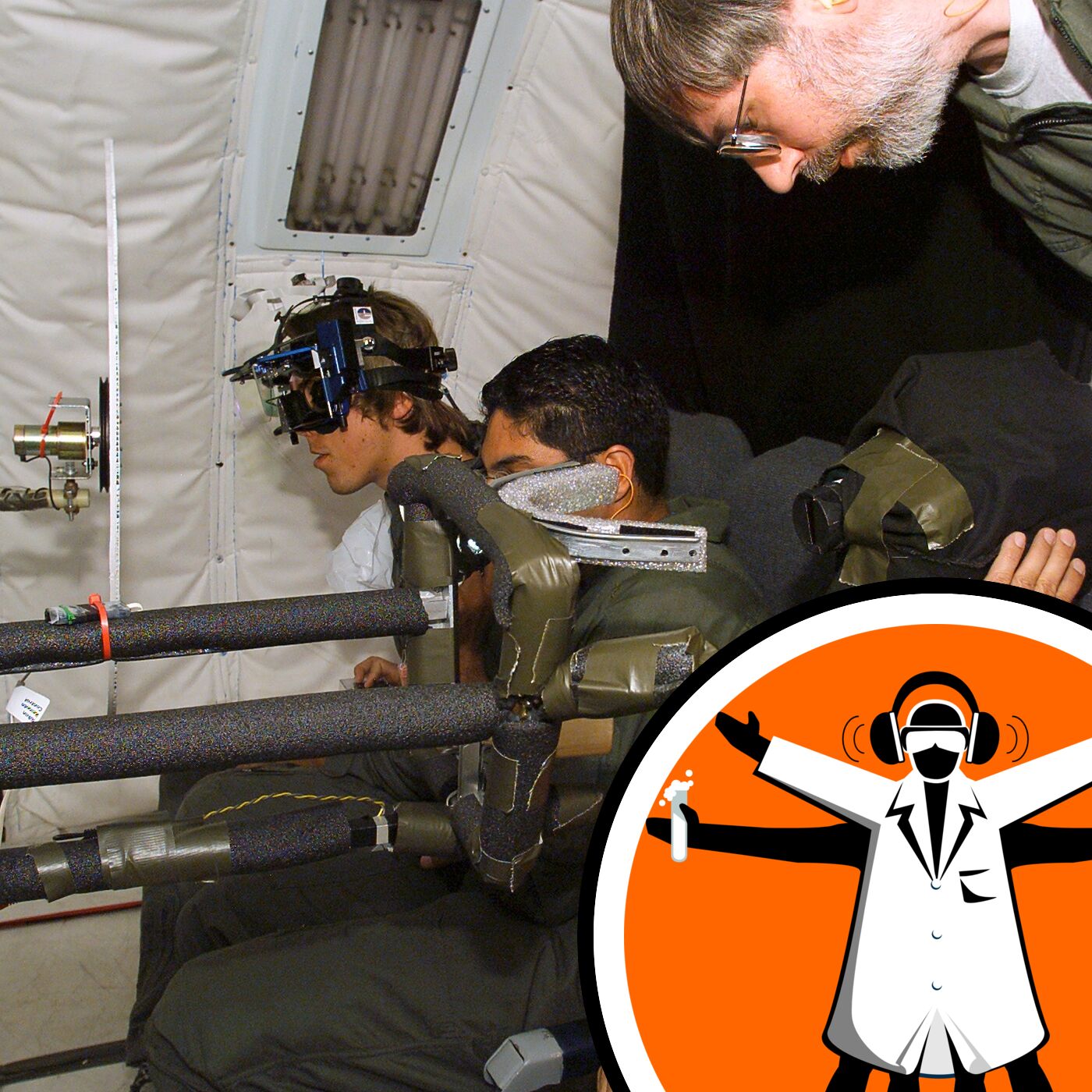
Keeping humans healthy in orbit
With only a few walls between an astronaut and a rapid death, what do we know about the various dangers to the human body during space travel? Chris S...
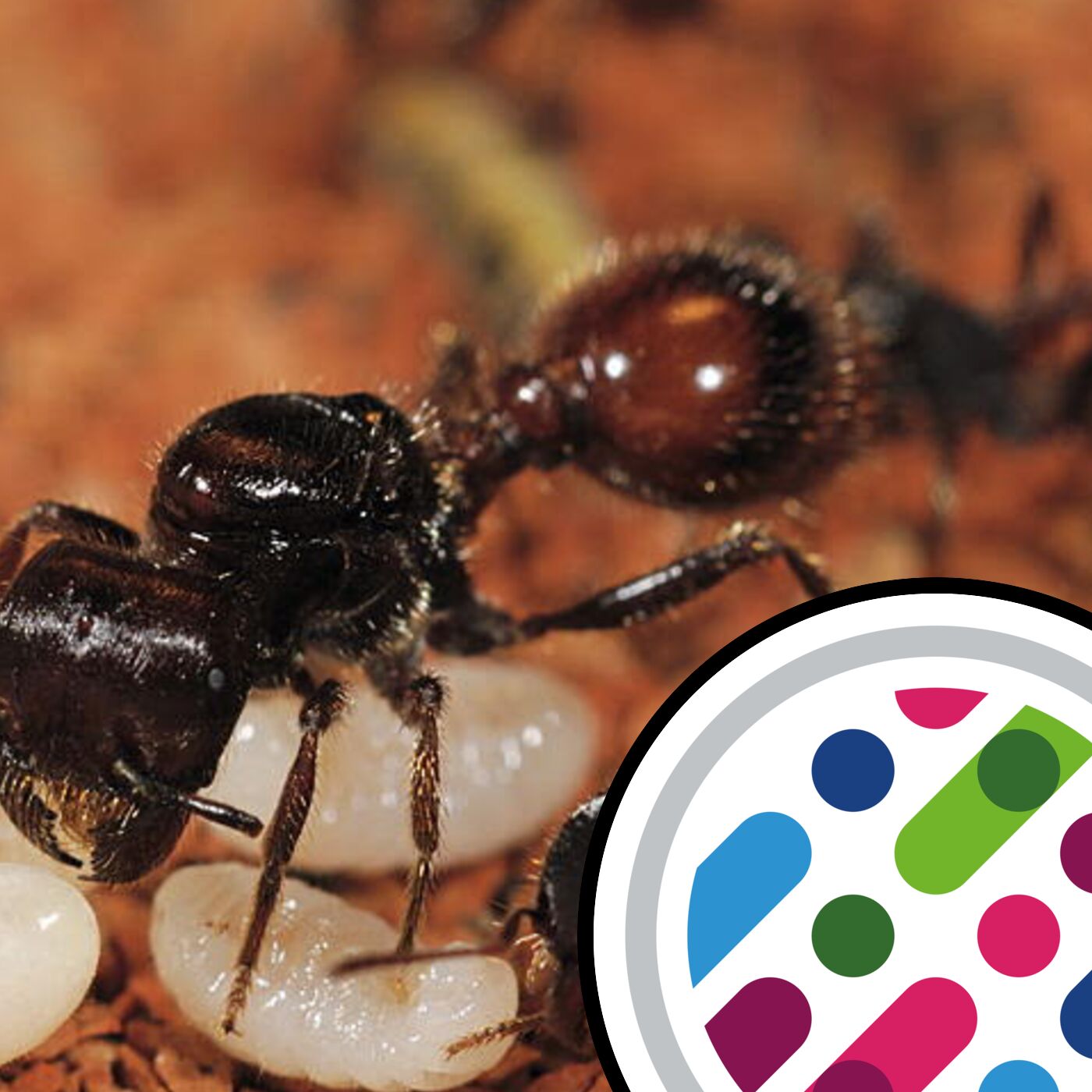
Ants doing gene therapy, and tadpole microbiomes
This month, as the eLife Podcast hits its century, we hear how getting frog dads to cross-foster tadpoles has revealed the way in which some frogs com...

Synthetic sustainable spuds
As the global population heads toward 10 billion, the pressure on agriculture is mounting. With that in mind, the UK's Advanced Research and Invention...

Scientists say they've bent spacetime
"Warp speed, Mr Sulu." It's the kind of command we've only heard in science fiction - until now. Did a team of scientists just bend spacetime using no...

Finland's giant virus, and monkeys take care of their teeth
In the eLife podcast, a university compost heap has turned up Finland's first documented "giant virus". Also, why monkeys de-sand their supper, and ho...

Naked Scientists SOS
Cambridge University have informed us that, for cost cutting reasons, they intend to make Dr Chris Smith redundant. Naturally, this jeopardises the Na...

Insect extinctions, and AI shot in the arm for drug design
In episode 10 of the Cambridge Prisms Podcast, the shocking finding that as many as 2 invertebrate species are going extinct each week in Australia: w...

Storing data with "molecular firecrackers"
Your personal data could soon be stored not on a phone or server but locked inside a molecule so tiny it's invisible to the naked eye. Researchers hav...

Brain-invading bacterium is making fruit flies extra frisky
What if a parasite could rewire your brain - not to harm you, but to make you... more romantic? This week on The Naked Scientists, we're exploring the...

Speedy, soft robot powered by air alone
Using only soft tubes and a continuous stream of air, a team of researchers at AMOLF in Amsterdam have created one of the fastest and simplest soft ro...

Frog toxicity, and what a year's schooling does to the brain
What is the impact of an extra year at school on the brain? Also, how poison dart frogs come by their toxins, using movies to track the developing inf...

What climate change does to kelp forests
In this episode, how climate change impacts kelp forests, selecting for less animal-friendly variants, refining AI models for better water infrastruct...

Hollywood helps brain scientists probe thoughts
This month, how films are helping neuroscientists link brain activity patterns to specific thought processes, a breakthrough in managing opiate overdo...

Personalised medicine, droughts, and dryland research
Personalised medicine and gene screens for disease, why dinosaurs disappeared, planning for droughts, and new vistas in the drylands arena... Like thi...

Evolving flu, and the desert decomposition conundrum
Predicting how influenza viruses will evolve, how deserts decompose matter despite the dry, what worms are revealing about a gene linked to autism, an...

Cancer mood control, and birth products blocking pain
This month, signs that cancers communicate with the brain to alter mood, why antibodies are unreliable in research, evidence that social training can...

Future cancer care, and the cost of large animal extinction
In this episode, why approaches to cancer care need a pro-active approach in future, the opportunities arising for the cancer vaccine space, competenc...

Vampire bacteria, "hangry" males, and ants using moonlight
This month, Chris Smith hears how blood-thirsty bacteria sniff out wounds to trigger infections, how ants navigate at night, how male and female brain...

Microbiomes control blood pressure, and the cost of water
This month, evidence that the microbiome is controlling blood pressure - so will we treat hypertension with probiotics in future? Also, plastic is eve...
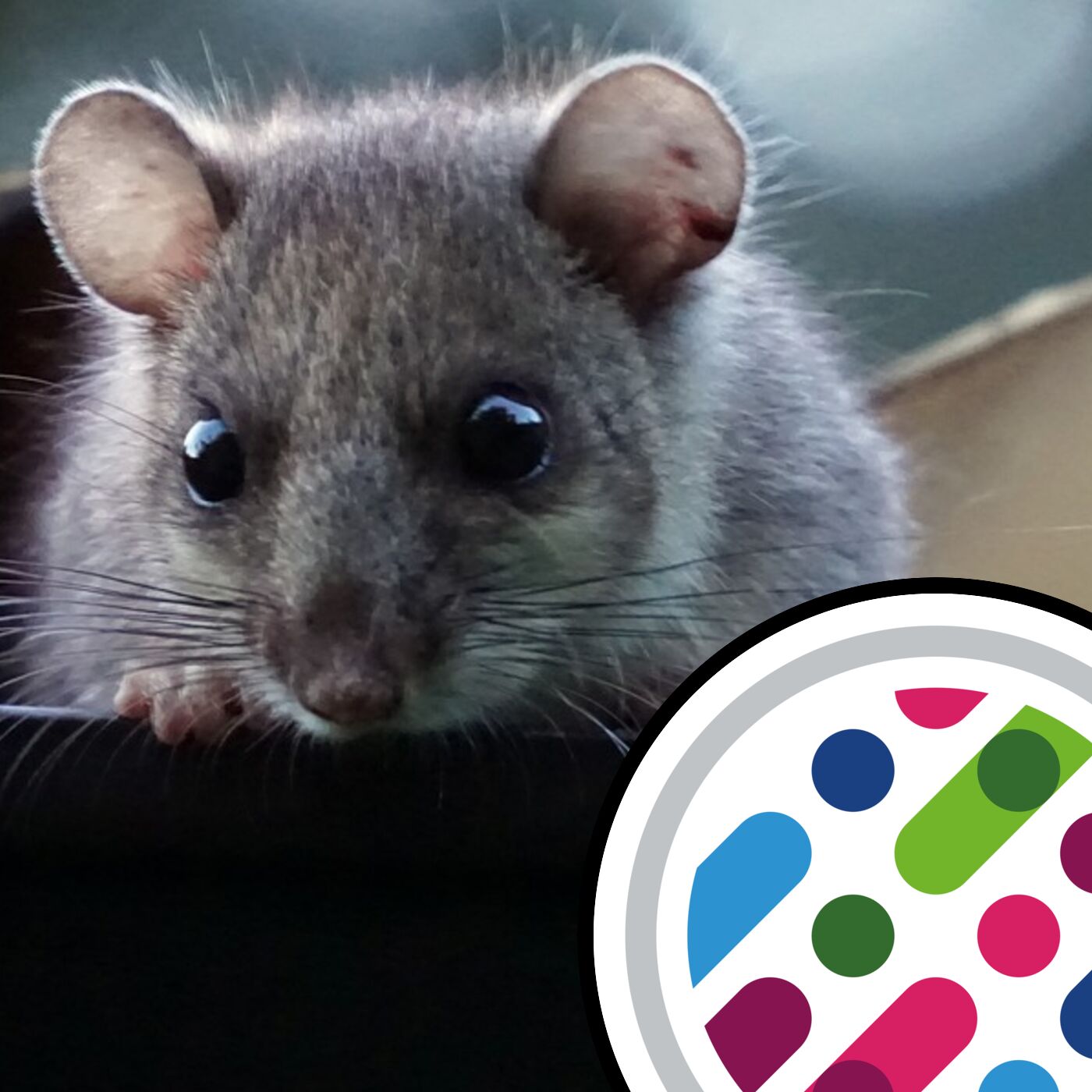
Hibernation, Ketamine and Aphantasia
This month, how animals hibernate and evidence that muscle myosin makes its own heat in the cold, brain scans to reveal how ketamine relieves resistan...
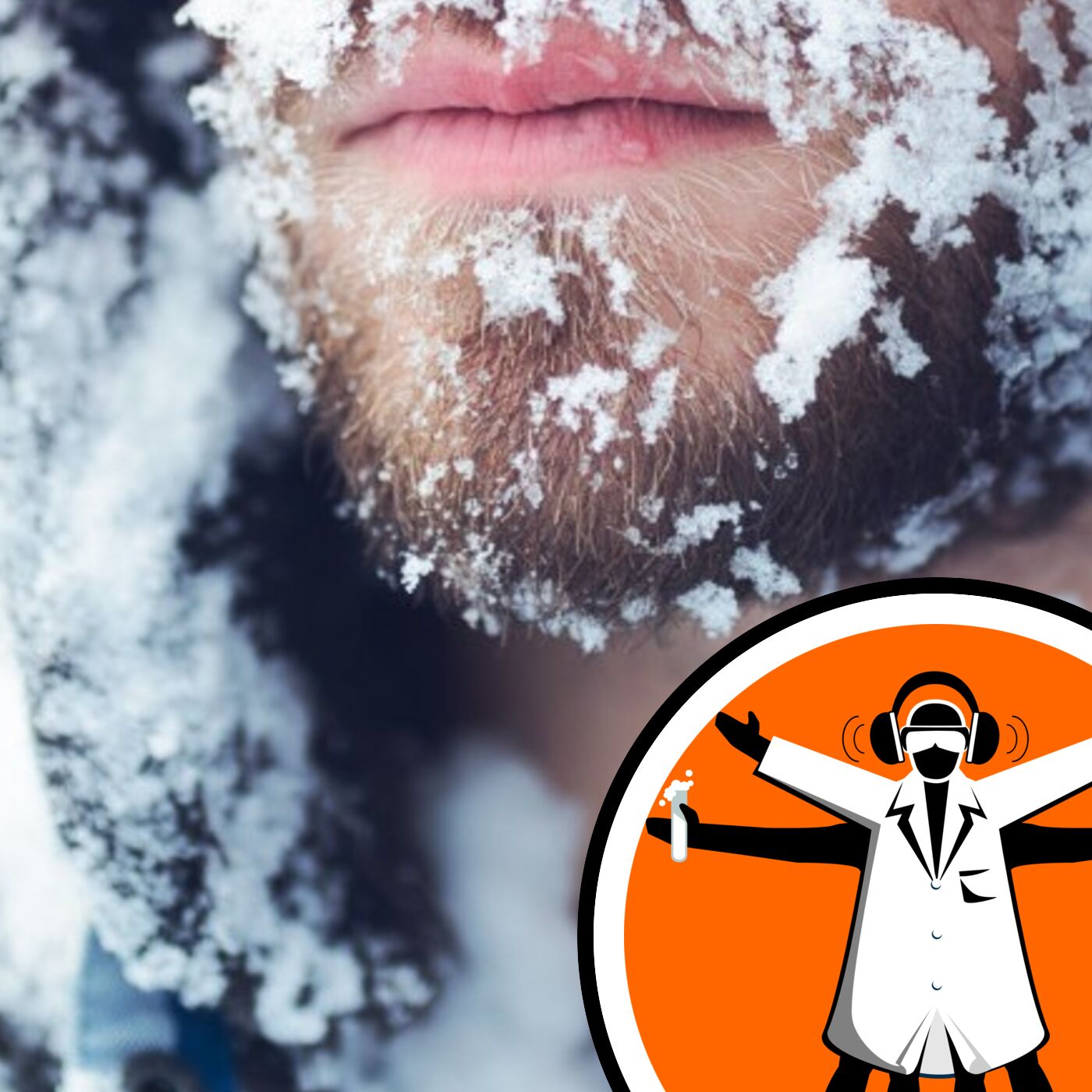
The proteins responsible for feeling cold revealed...
A problem that's been puzzling scientists for decades is the way our bodies recognise cold stimuli, and researchers at the University of Michigan have...
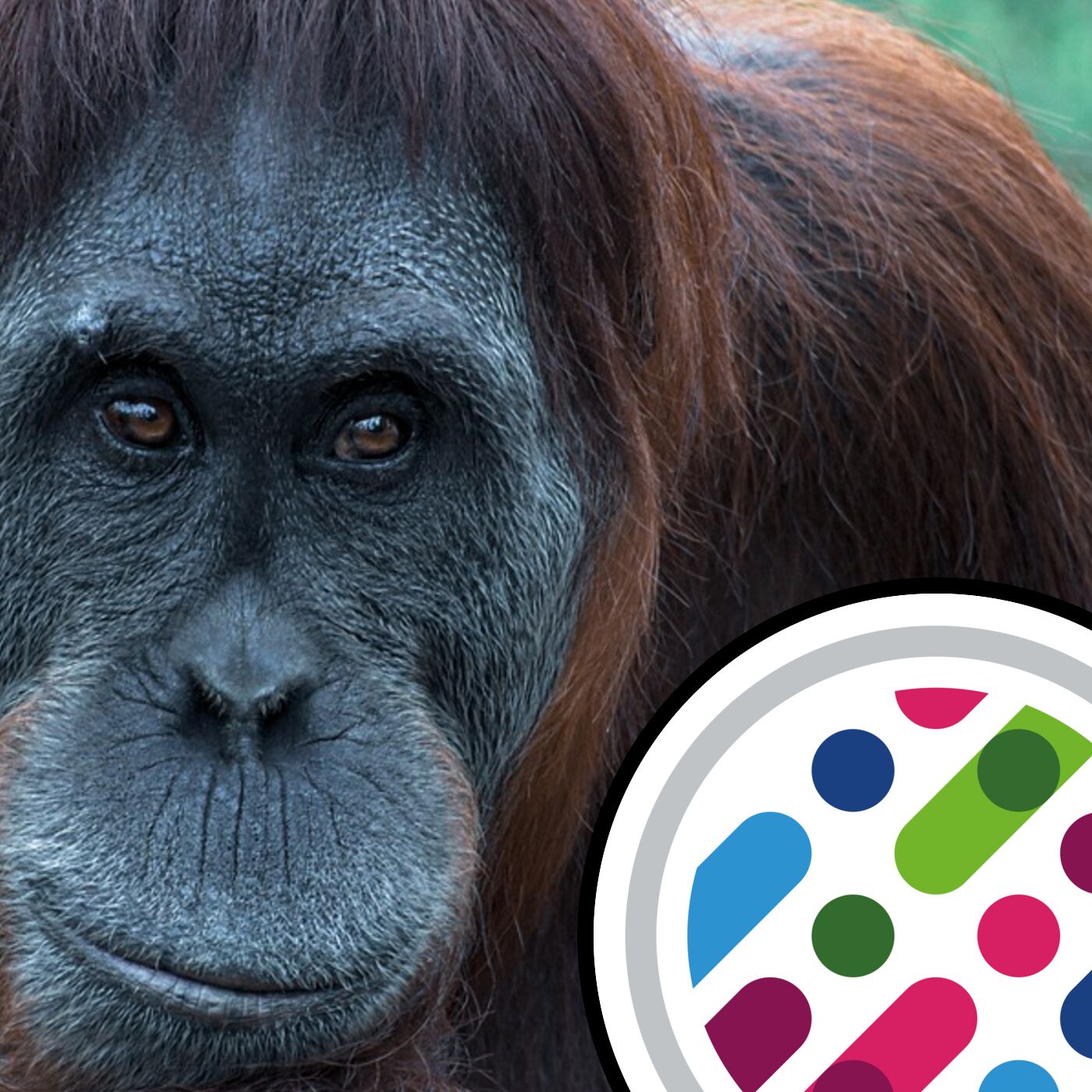
Apes reveal language origins, and being dyslexic in science
This month we hear what orangutans can tell us about the origins of human speech, we ask if science making life even harder for dyslexics, where do th...
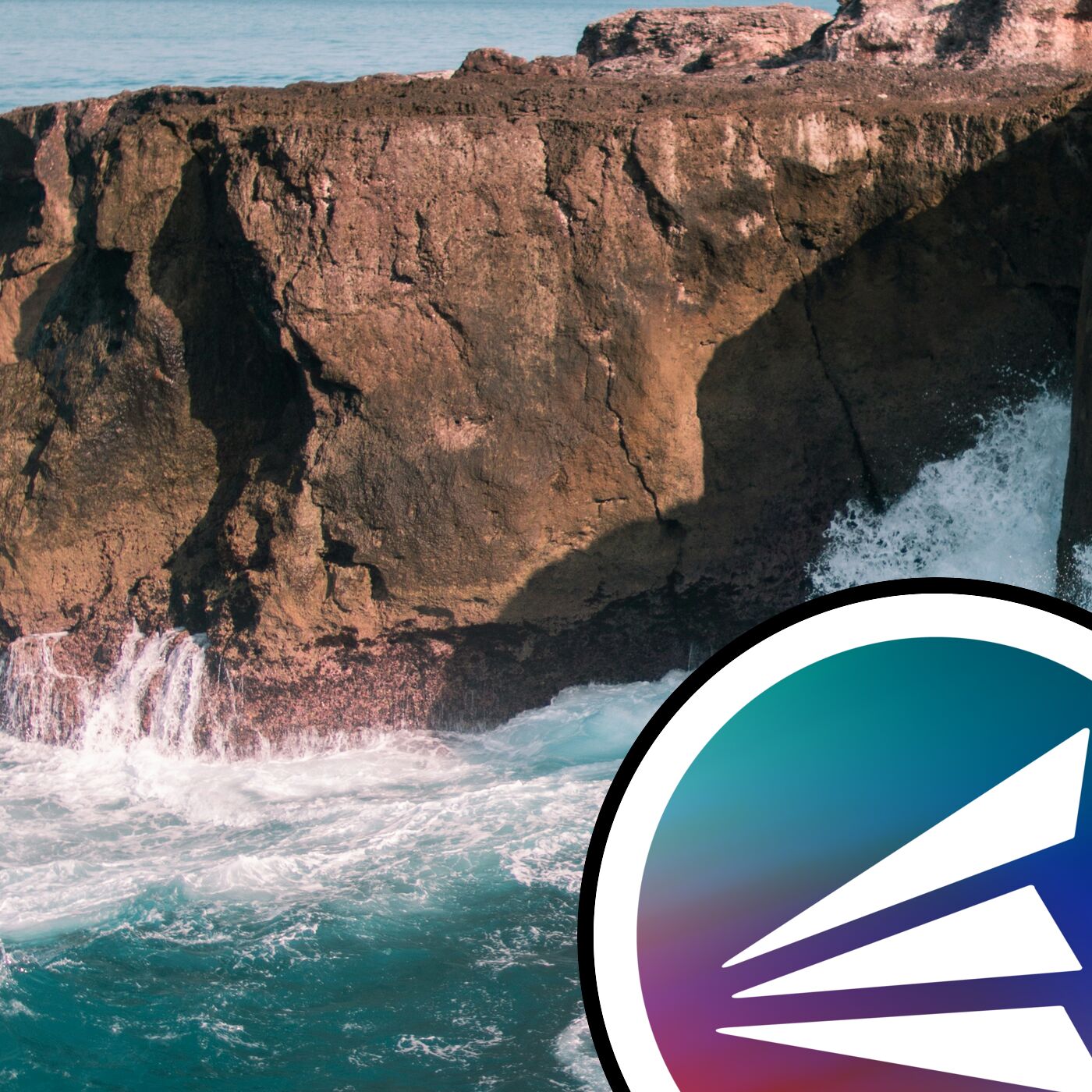
Making waves about coastline conservation, and plastic waste
This month the connections that human inhabitants have to the coast, why we're still in the middle of a worsening extinction crisis despite internatio...
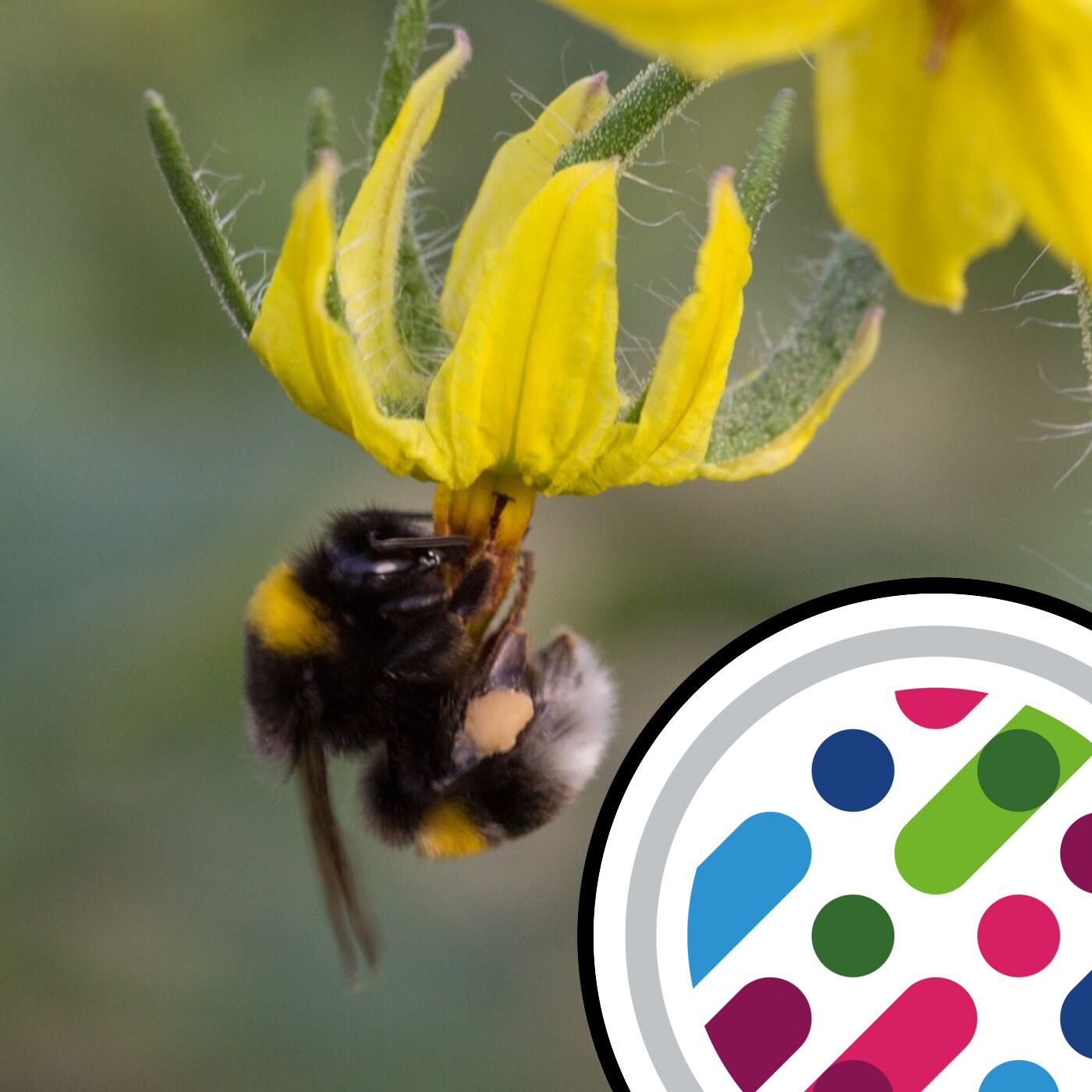
Bees can't taste pesticides, and how albatrosses get aloft
In the eLife Podcast this month, signs that bees are oblivious to pesticides in nectar, sea anemone stinging strategies, a new means of cell-cell comm...
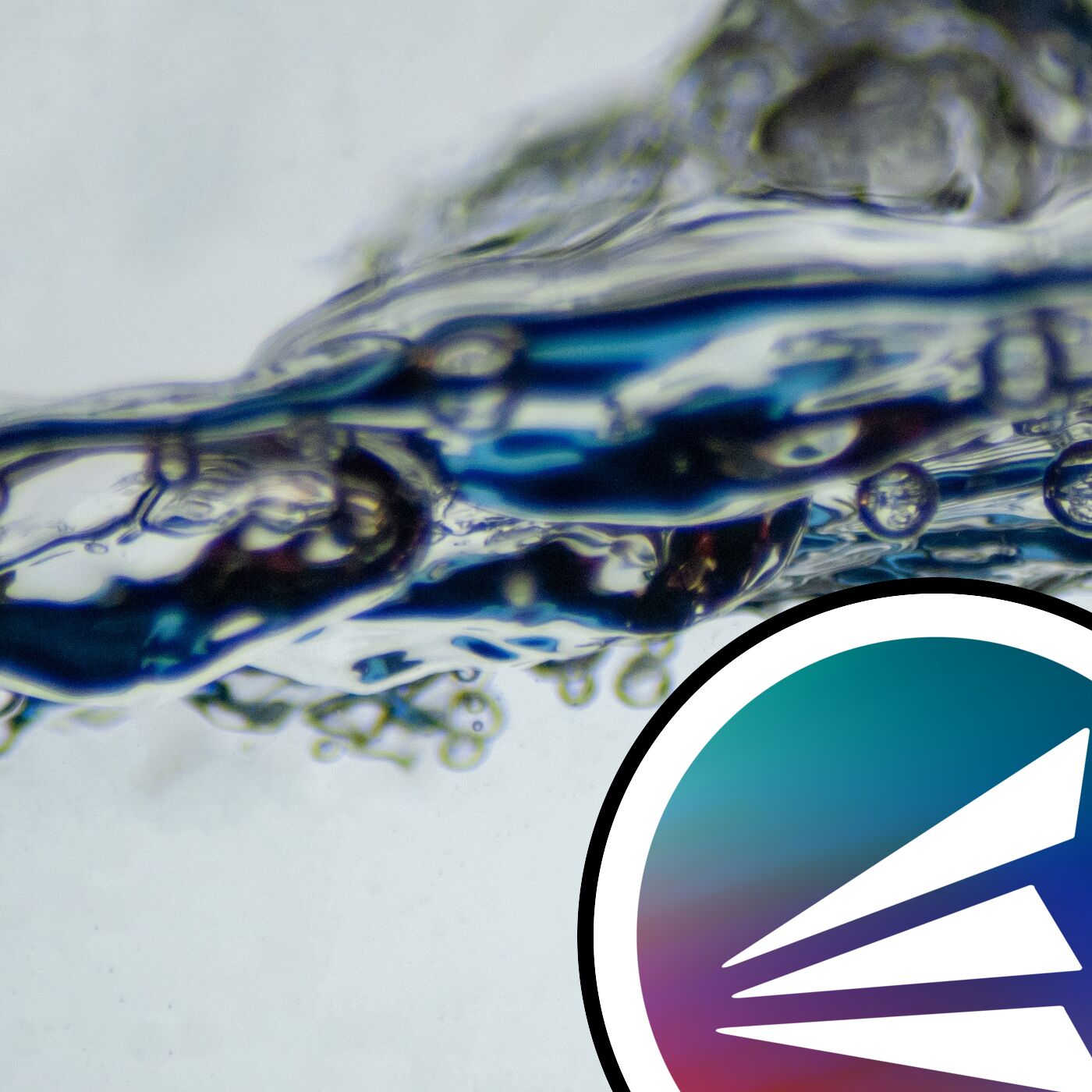
Recycled plastics pollute food, and the value of water
Better awareness of the precious resource that is water, getting a grip on coastal ecosystems and the impact of pollution, why recycled plastics are a...
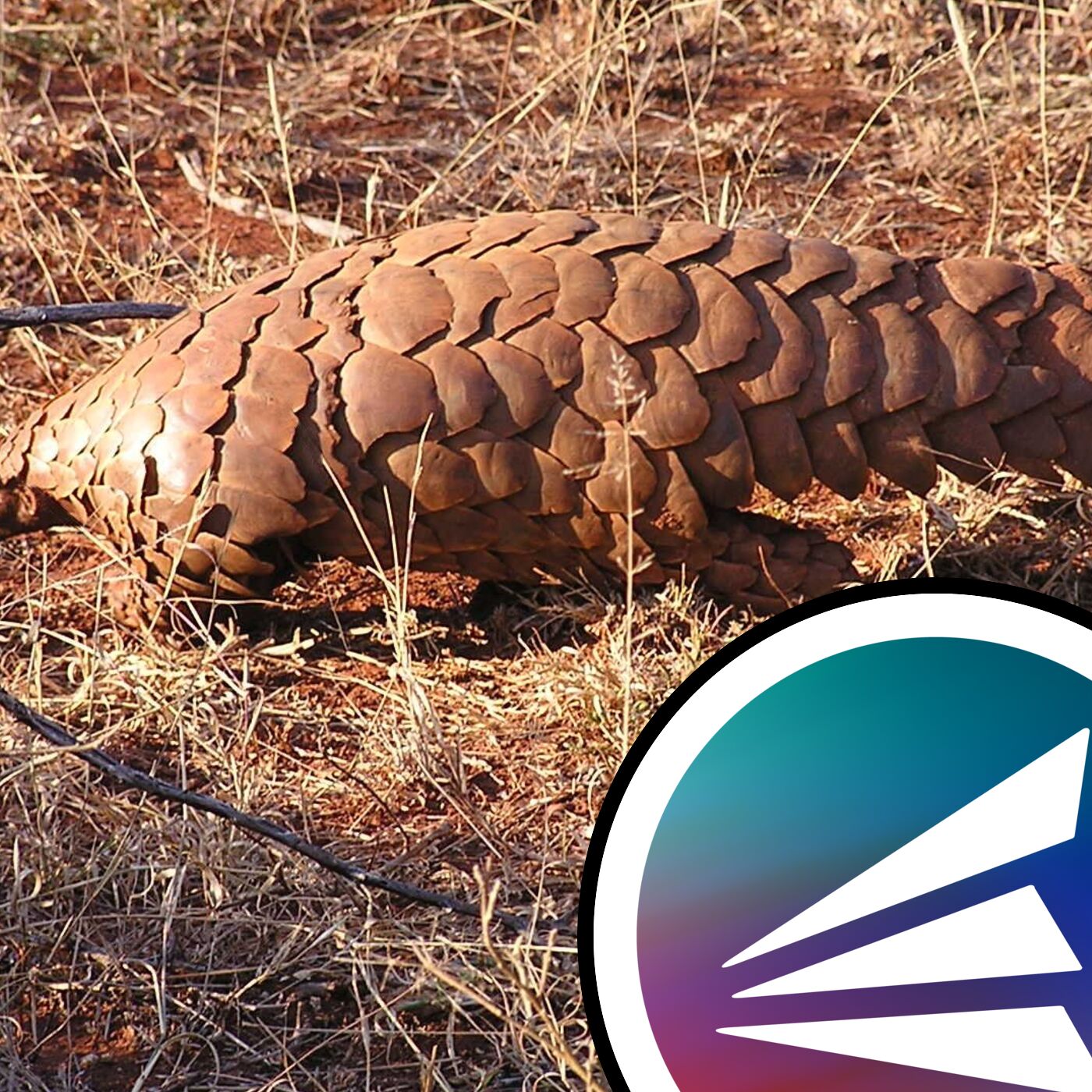
Wildlife Trade Extinctions and 21st Century Psychology
This time we hear how many species are being driven to extinction by human trade, why clinical psychology needs an update for the 21st Century, how no...
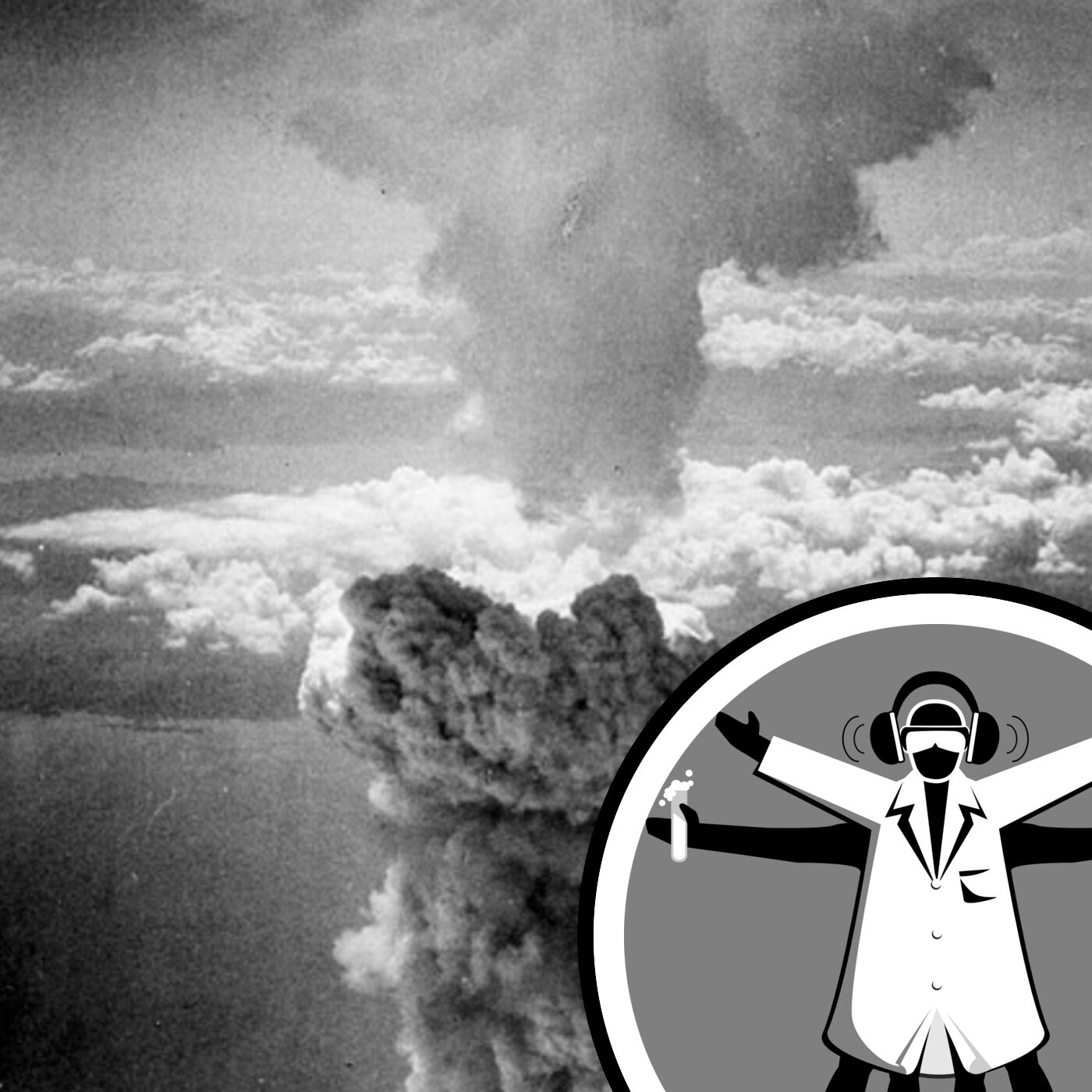
Surviving a fusion bomb
Ken Mcginley was there during some of the first tests of hydrogen bombs in the 1950s. We were lucky enough to hear his story... Like this podcast? Ple...
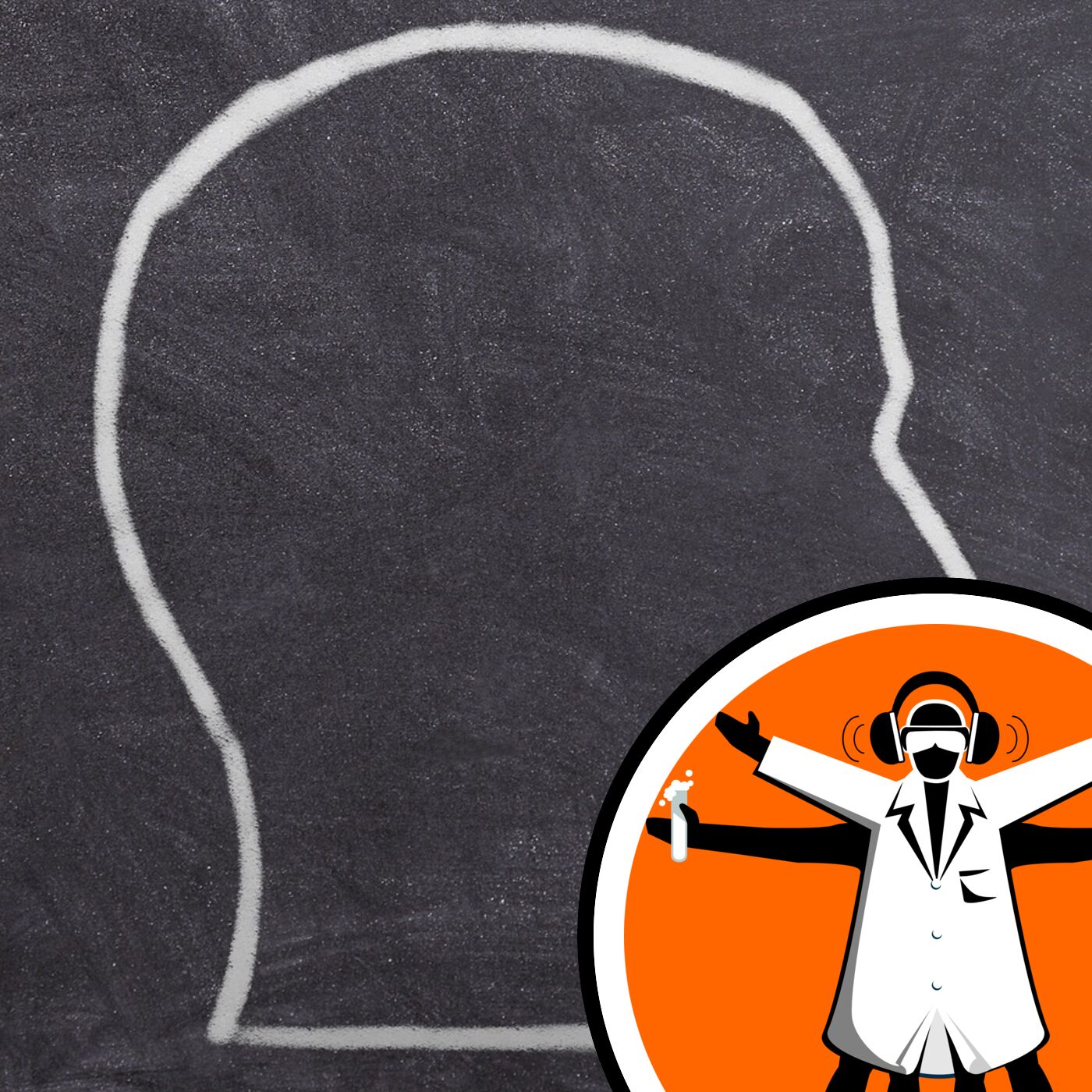
Does our language affect our decision making?
There are many factors that might affect the way we make decisions: our age, our past experiences, even our mood that day. But now, a new study has su...
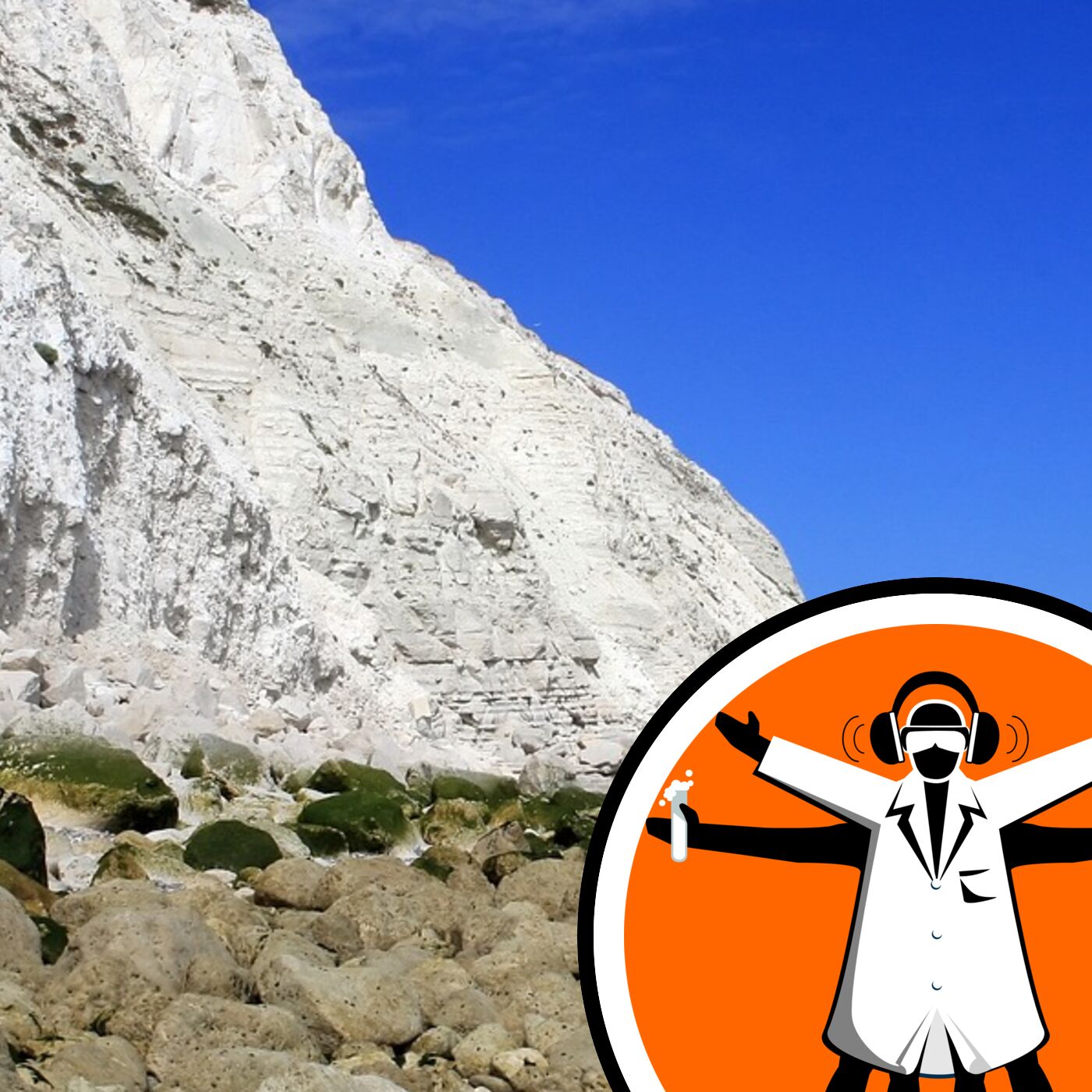
Microbial life deep underground
Comparatively, we know an awful lot about life on the surface of planet earth. We know a lot less about the extent of life in our oceans, and we know...
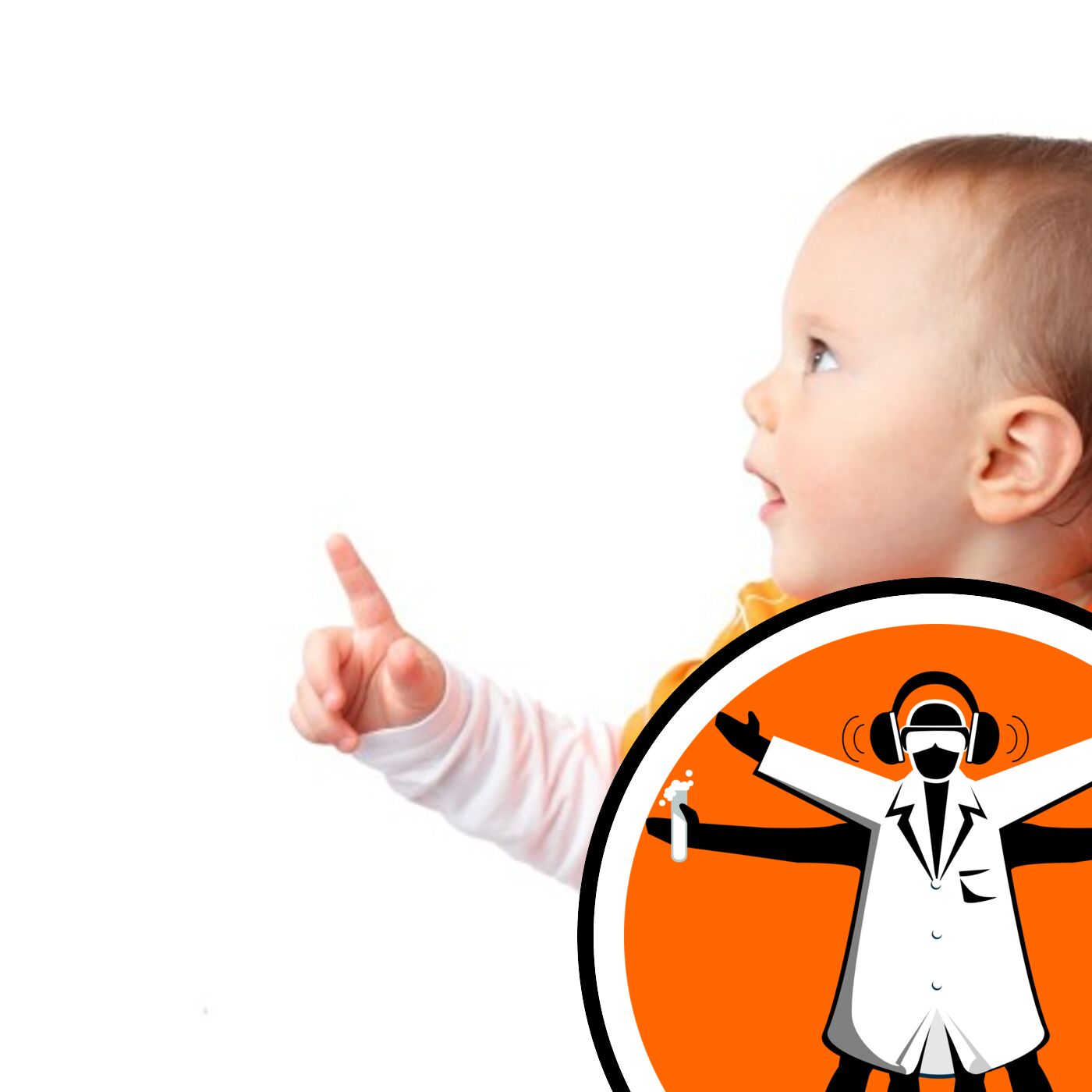
How the pandemic affected child development
Babies born during the Covid-19 lockdowns are behind on their language development. That's the finding of a recent study comparing infants born during...
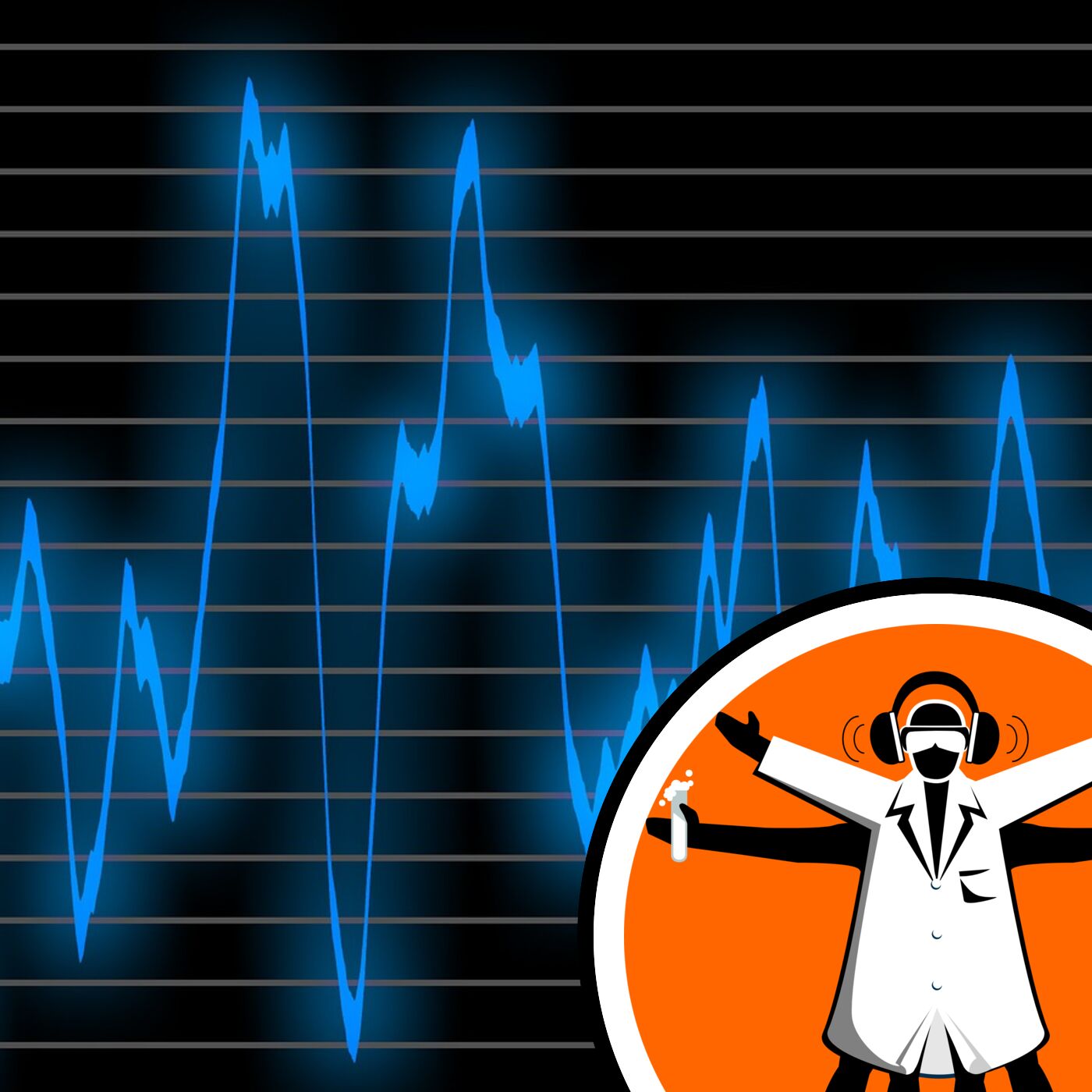
New Ultrasound Technique for Breast Imaging
A new non invasive technique to pick up breast cancer has been unveiled by UK scientists. Breast cancer is the most diagnosed form cancer in the UK....
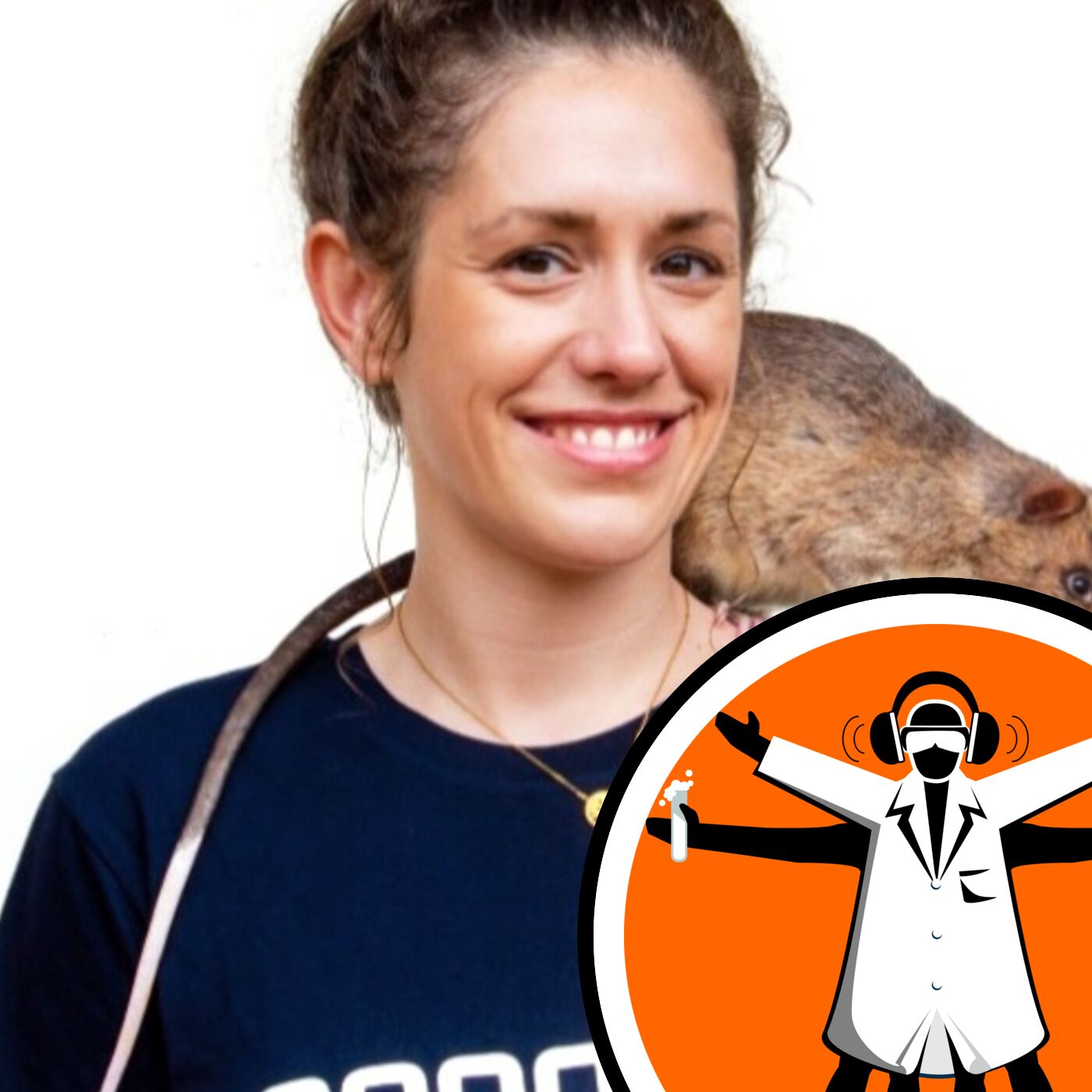
Search and rescue rats
Apopo is a charity that trains African giant pouched rats for humanitarian purposes, with a view to combating some of the challenges faced by countrie...
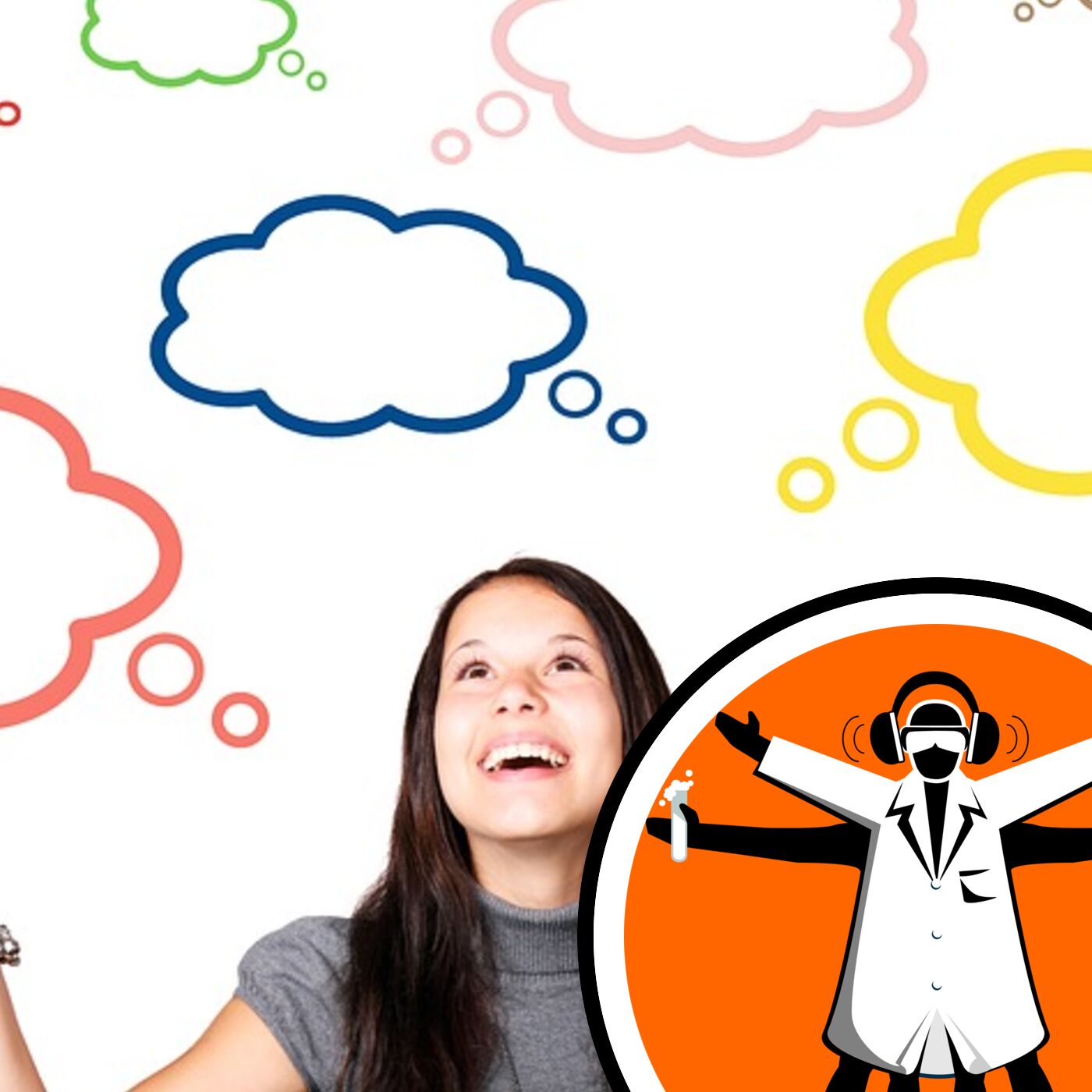
TV is influencing careers
Did you end up in your dream job? Or did you end up pursuing a career quite intensely for some reason that eludes you? Perhaps the media representatio...
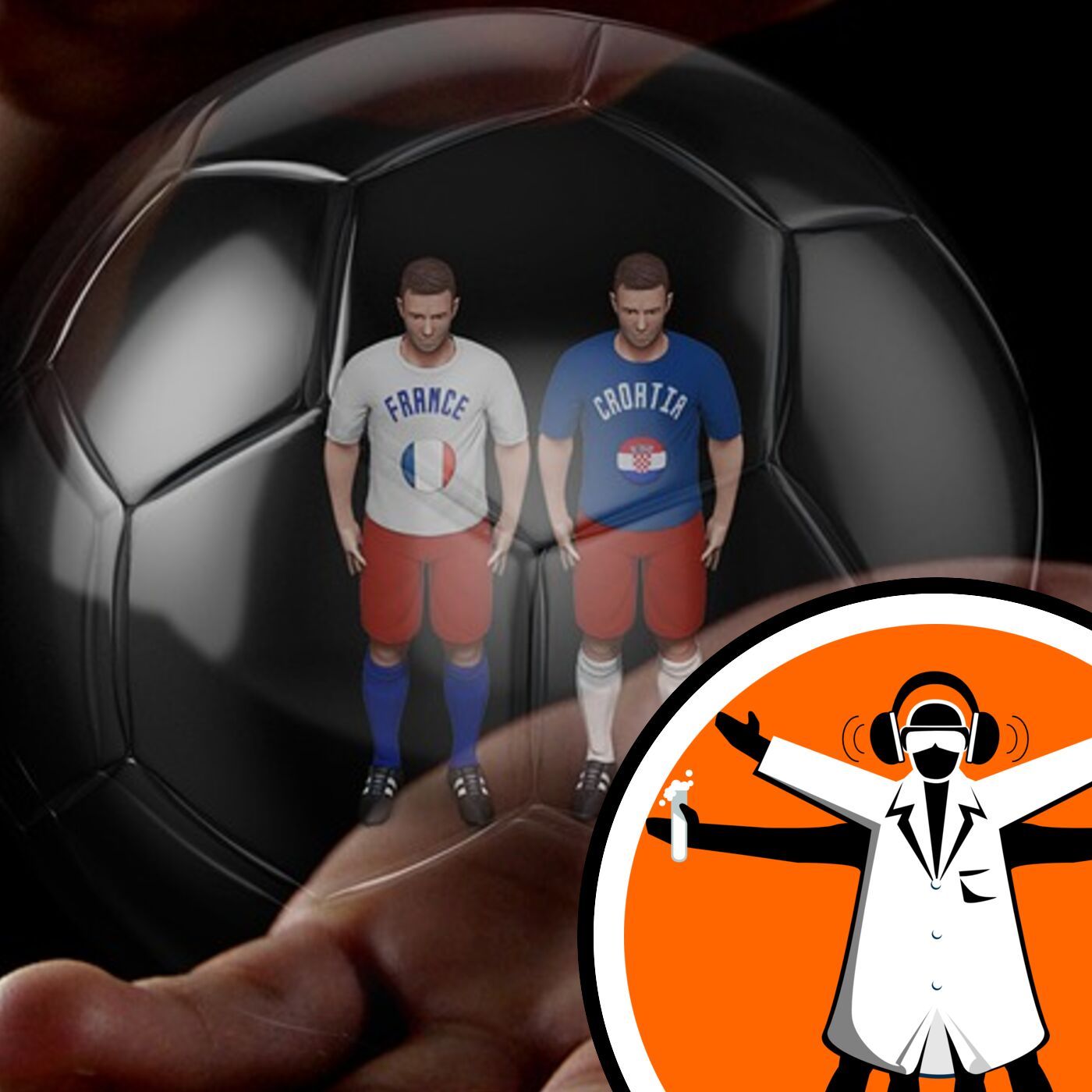
FIFA Fall Out with EA
There's news of a huge rift in the world of video games... EA Sports, who made the first ever FIFA football game in 1993, have announced that they wil...
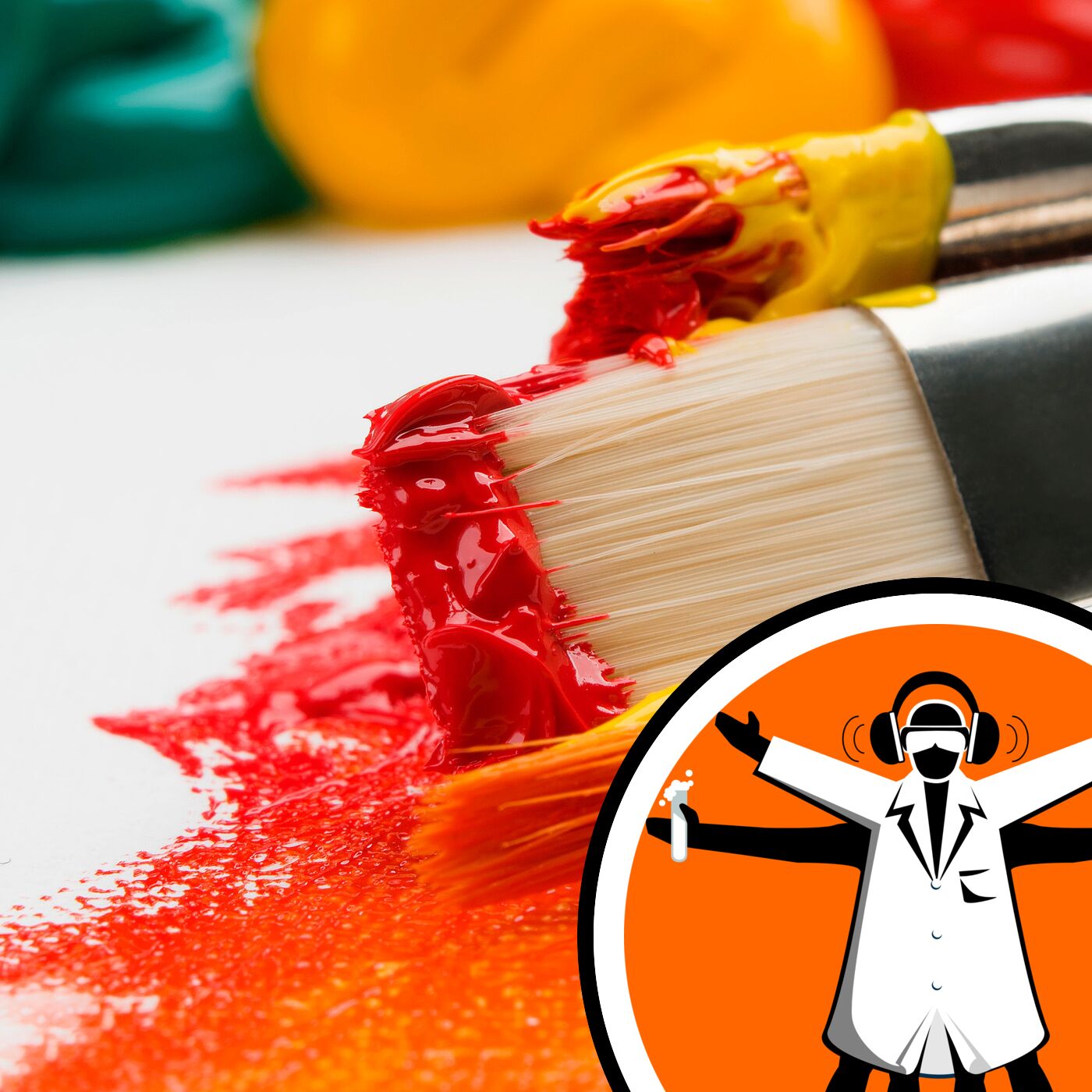
Did the lockdown make us more creative?
Now, I want you to cast your mind back to that first lockdown (if you can bear it) and to think about the ways you chose to fill all that new found fr...
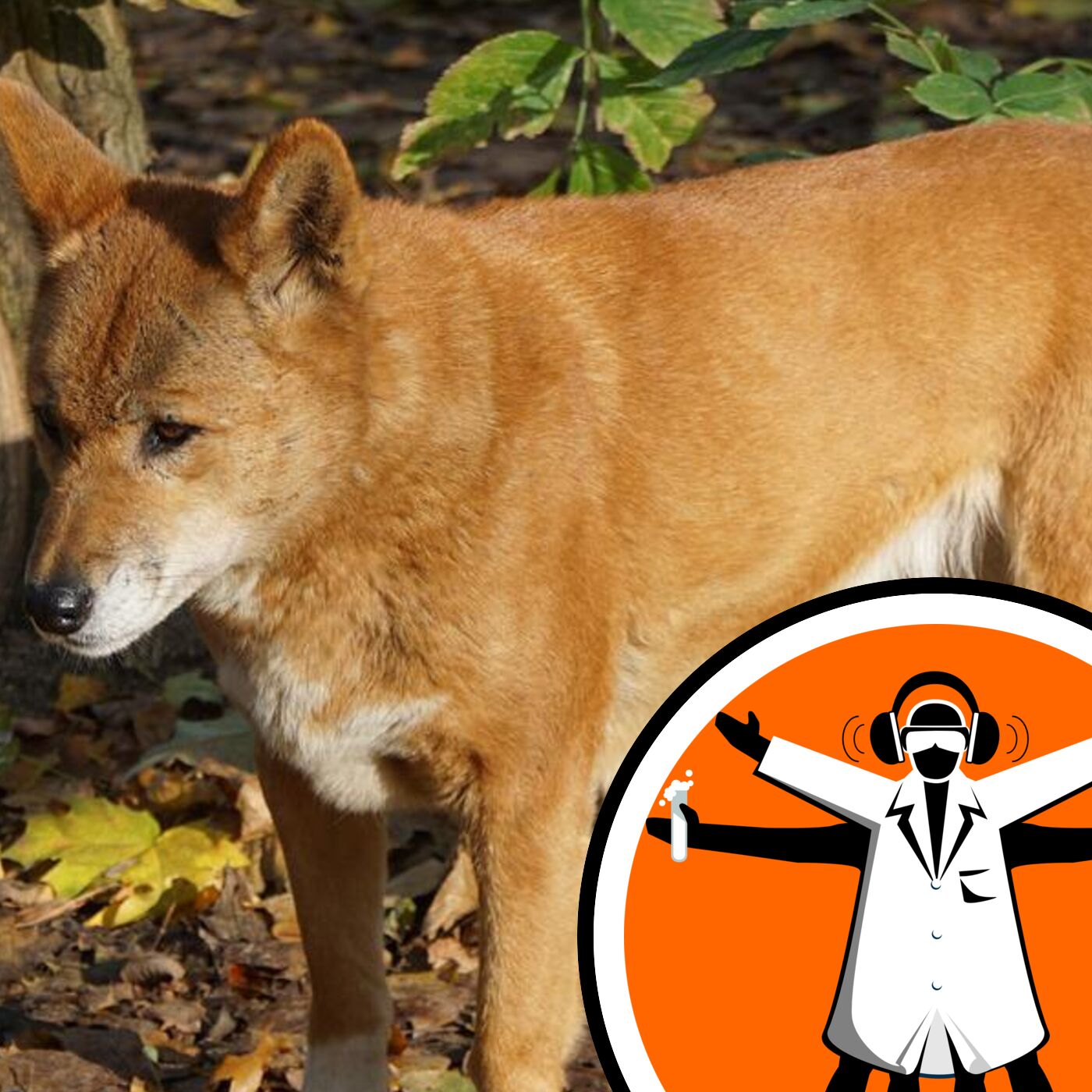
Dog and Dingo DNA sequences
Dingoes are native Australian dogs, although how and when they got to Australia isn't known. They were certainly already there by the time the first w...
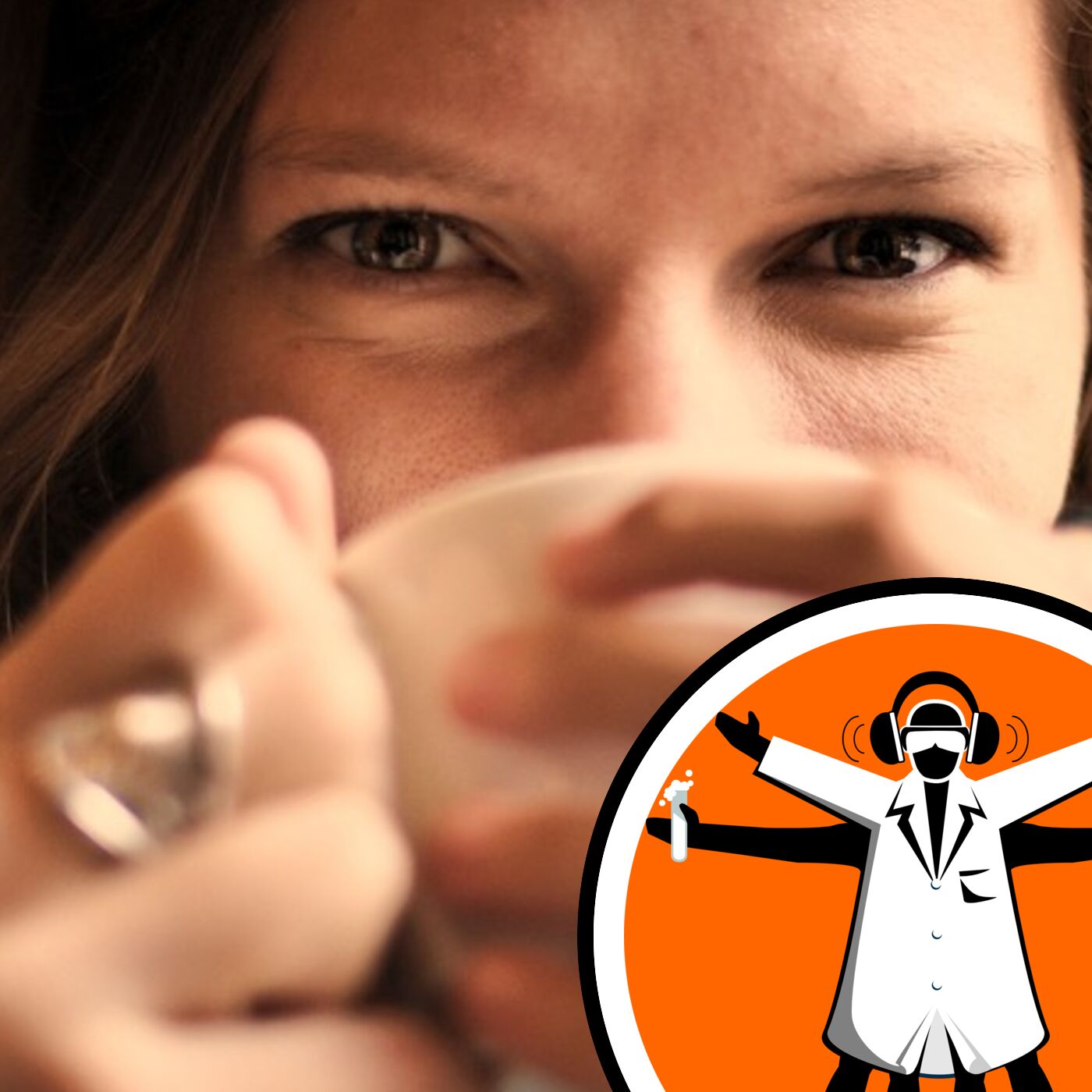
Coffee without the coffee beans
Coffee prices are on the rise and the plant is said to decline by 60% before 2050, meaning new coffee alternatives are being considered in order to gi...